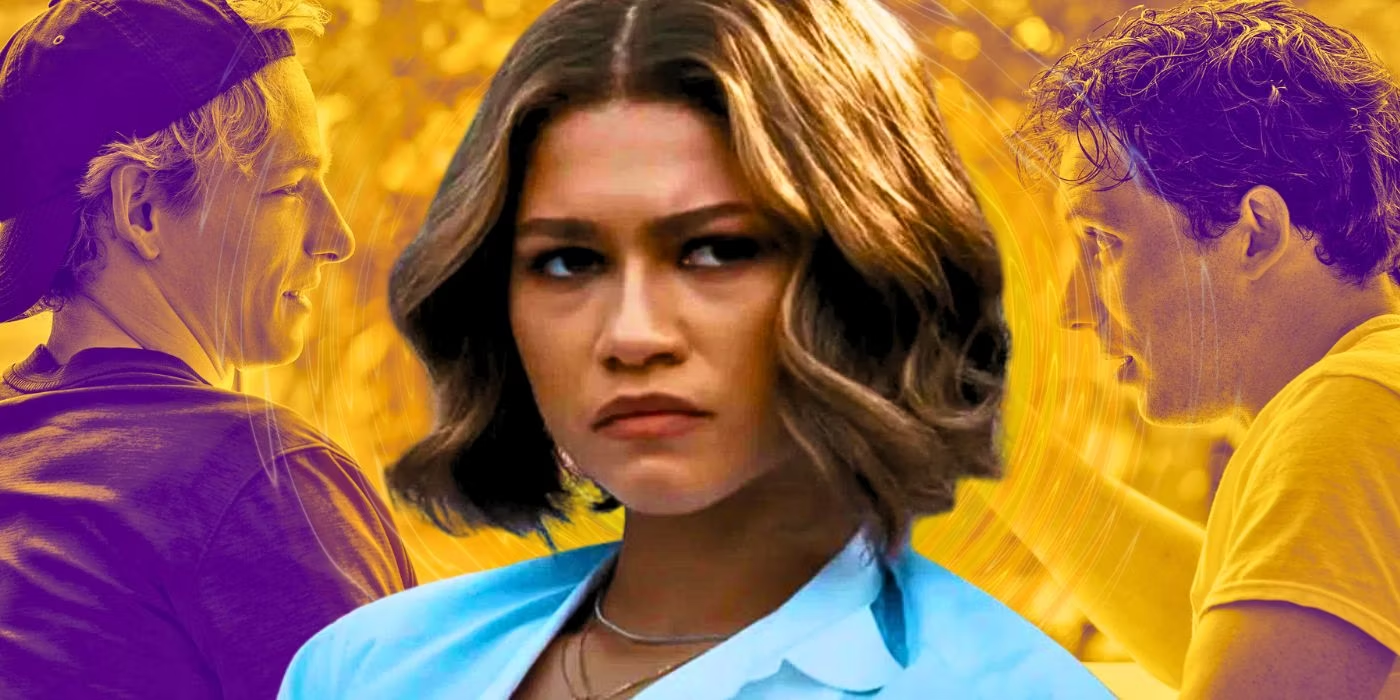Benny and Josh Safdie's courtship of Adam Sandler for the demanding role of Howard Ratner in Uncut Gems is storied among cinephiles. They started pitching the idea to Sandler in 2011 and he finally said yes two years ago. The wisdom in their determination is in nearly every frame of this riveting and exhausting film.
Sandler's Ratner is a middle-aged New York jeweler and gambler who is working tirelessly to prove that he is not the chump much of the world is taking him for. He is being chased by a half-dozen bad debts and is trying with ever-growing futility to score big and settle all scores.
The movie's pacing is brisk, the intensity excruciating. The Safdies use a film stock that is as grainy and unflattering as a florescent light, which adds to the starkness of Ratner's predicament that, based on the unsavory characters circling about, can only end badly.













.jpg)
